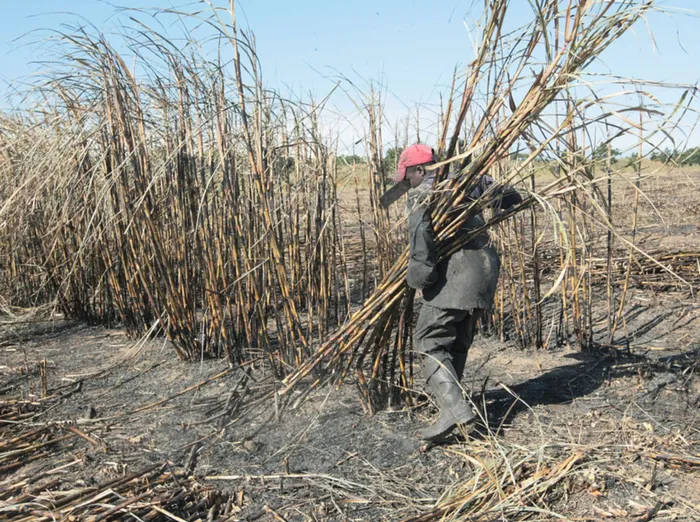SA Canegrowers calls for urgent government action to save local sugar industry

SA Canegrowers urges the government to prioritise negotiations with the US to finalise a mutually beneficial trade deal, which would include a tariff exemption for sugar, or a return to the previous US quota mechanism.
Image: Simphiwe Mbokazi/Independent Newspapers
SA Canegrowers has urged Minister of Trade and Industry Parks Tau, to expedite the finalisation of regulations that could fortify the survival of South Africa's beleaguered sugar industry.
The appeal comes amidst increasing turmoil, marked by a 30% tariff on South African sugar exports to the United States and an influx of heavily subsidised foreign sugar into local markets.
The organisation's chairman, Higgins Mdluli, highlights the dire state of the industry, noting that delays in industry consultations threaten the livelihoods of growers crucial for sustaining rural economies, particularly in Mpumalanga and KwaZulu-Natal.
“The sugar industry needs the limited exemption from competition regulations in order to have industry-wide discussions without fear of falling foul of the Competition Act,” Mdluli stated, underscoring the urgency with which the sector requires government support.
In May, the Minister published draft regulations allowing collective negotiations on the procurement of over 90% local sugar among growers, millers, retailers, and food manufacturers. Initially welcomed by SA Canegrowers, the lack of progress since the public comment period has raised alarms within the industry.
“We have written to the Minister and urged him to act with urgency," Mdluli said.
"The livelihoods of sugarcane growers depend on it.”
The challenge posed by cheap foreign sugar imports and the newly imposed US tariffs threatens not only the viability of local sugar but also the jobs and economic stability of entire communities reliant on the sector.
According to SA Canegrowers, the current situation reflects a critical need for domestic action to stave off the competitive threat from subsidised imports.
“The South African sugar industry is a national asset. We support local jobs and farming, yet our market is being flooded by cheap, subsidised imports,” Mdluli elaborated.
He emphasised that not only are local jobs at stake, but the influx of cheaper sugar does not benefit consumers, but instead allows importers to reap higher profit margins at the expense of the local economy.
Compounding these domestic struggles is the impact of the new US tariff, which has rendered South African sugar less competitive in a vital export market.
Prior to this development, the US operated under a quota system for sugar, which did not adversely affect South African growers. As the US grapples with its own supply limitations, SA Canegrowers is calling on the South African government to prioritise negotiations for a mutually beneficial trade deal, advocating for a tariff exemption for sugar or a reversion to the previous quota mechanisms.
The call for prompt governmental action highlights the precarious balance that needs to be struck to safeguard the viability of local agriculture.
Failure to act could jeopardise the livelihoods of countless growers and ultimately threaten the very foundation of the domestic sugar industry.
IOL
Related Topics: